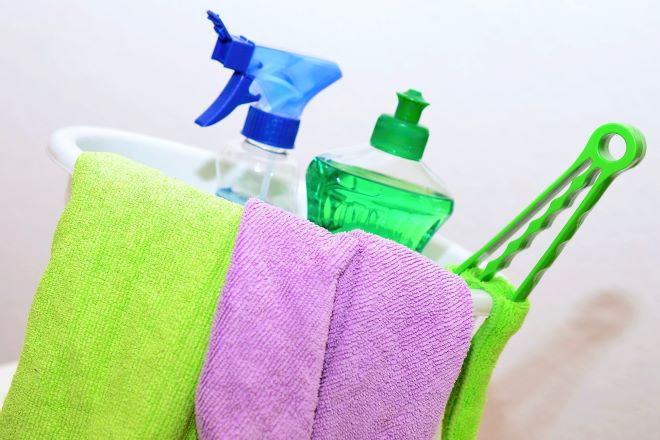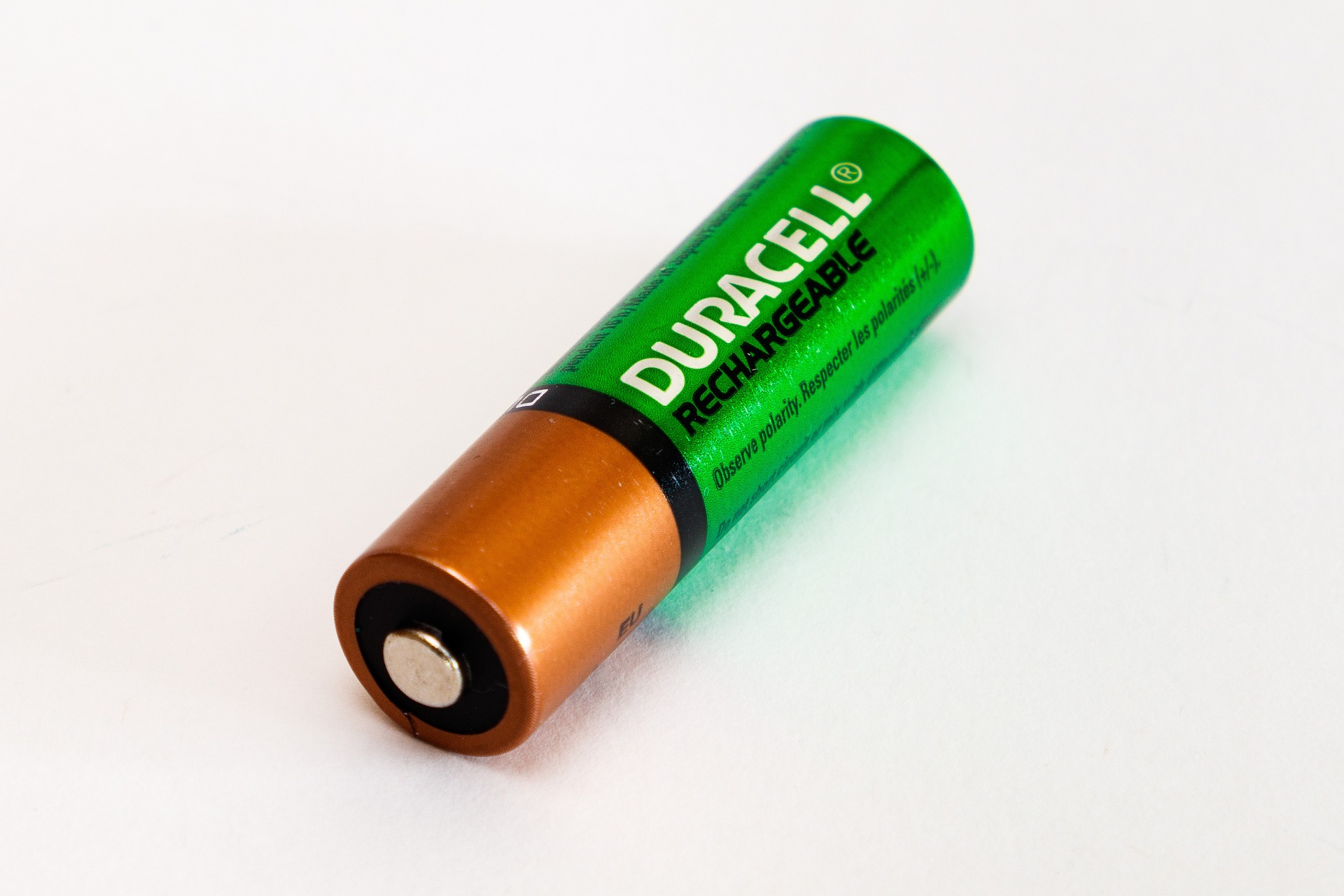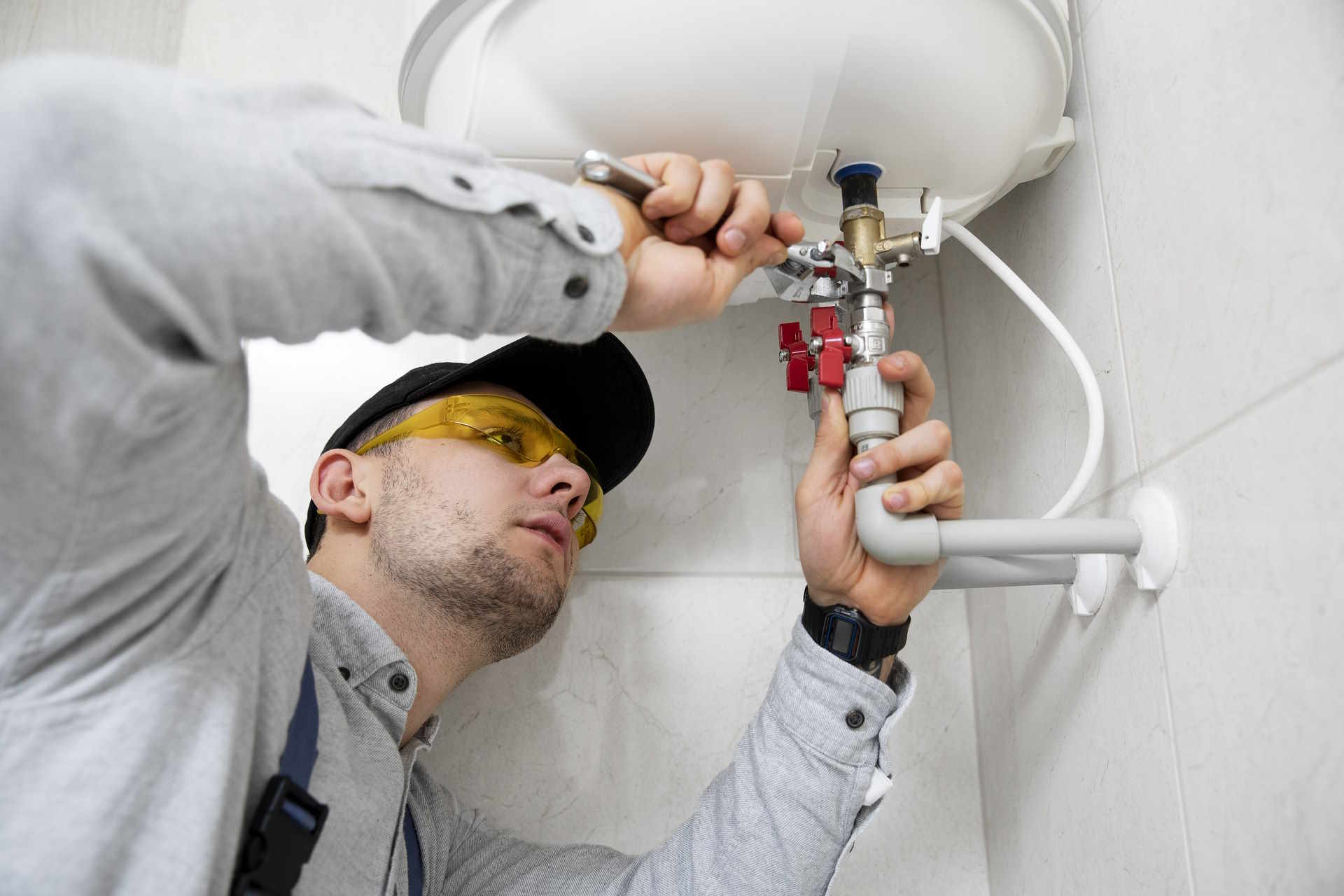Cleaning Jobs Guide
In today's diverse job market, cleaning jobs offer a range of opportunities for those seeking flexible work or a stable career path. From residential housekeeping to specialized industrial cleaning, this sector encompasses various roles that cater to different skills and interests. Whether you're looking for entry-level positions or considering a specialization in niche areas like biohazard cleanup, understanding the landscape of cleaning jobs can help you make informed career decisions.

What types of cleaning jobs are available in the market?
Cleaning jobs come in many forms, catering to different environments and specializations. Some common types include:
-
Residential cleaning: Involves cleaning private homes, apartments, and condos.
-
Commercial cleaning: Focuses on maintaining offices, retail spaces, and other business premises.
-
Industrial cleaning: Requires specialized skills for cleaning factories, warehouses, and industrial sites.
-
Healthcare facility cleaning: Demands strict adherence to hygiene protocols in hospitals and clinics.
-
School and university cleaning: Involves maintaining educational institutions.
-
Hotel and hospitality cleaning: Ensures cleanliness in hotels, resorts, and other accommodation facilities.
Each type of cleaning job has its unique requirements and can offer different career progression opportunities.
What skills and qualifications are needed for cleaning jobs?
While many cleaning jobs don’t require formal education, certain skills and qualities are essential for success in this field:
-
Attention to detail: Ensuring thorough cleanliness in all areas.
-
Physical stamina: Many cleaning tasks involve standing, bending, and lifting for extended periods.
-
Time management: Efficiently completing tasks within allocated timeframes.
-
Reliability: Consistently showing up on time and completing assigned duties.
-
Communication skills: Interacting professionally with clients, supervisors, and team members.
-
Knowledge of cleaning products and equipment: Understanding proper usage and safety protocols.
For specialized roles like bio cleaning or crime scene cleanup, additional certifications or training may be required to ensure compliance with health and safety regulations.
How can one find cleaning subcontractor jobs?
Cleaning subcontractor jobs offer flexibility and the potential for higher earnings. To find these opportunities:
-
Network with cleaning companies: Many firms outsource work to subcontractors.
-
Join online job platforms: Websites like Airtasker or Hipages often list subcontracting opportunities.
-
Create profiles on cleaning service marketplaces: Platforms like Handy or TaskRabbit connect cleaners with clients.
-
Attend industry events: Trade shows and conferences can be great for networking and finding leads.
-
Utilize social media: LinkedIn and Facebook groups can be valuable for connecting with potential clients or companies.
Building a reputation for reliability and quality work is crucial for securing and maintaining subcontracting relationships in the cleaning industry.
What are bio cleaning jobs and how can one enter this field?
Bio cleaning jobs involve the cleanup of biohazardous materials, including blood, bodily fluids, and other potentially infectious substances. This specialized field requires:
-
Extensive training in biohazard handling and disposal.
-
Knowledge of proper personal protective equipment (PPE) usage.
-
Understanding of relevant health and safety regulations.
-
Strong stomach and emotional resilience due to the nature of the work.
-
Certification in biohazard cleanup (often required by employers).
To enter this field:
-
Research companies specializing in biohazard cleanup.
-
Obtain necessary certifications (e.g., OSHA Bloodborne Pathogens Standard).
-
Gain experience in general cleaning or related fields.
-
Apply for entry-level positions with bio cleaning companies.
-
Consider internships or apprenticeships to gain hands-on experience.
What unique challenges do crime cleaning jobs present?
Crime scene cleaning, a subset of bio cleaning, involves cleaning and sanitizing areas where violent crimes or unattended deaths have occurred. This job presents unique challenges:
-
Emotional stress: Dealing with the aftermath of traumatic events.
-
Legal considerations: Understanding privacy laws and evidence preservation.
-
Meticulous attention to detail: Ensuring thorough decontamination of affected areas.
-
Irregular hours: Crime scenes can occur at any time, requiring on-call availability.
-
Physical demands: Working in potentially hazardous environments for extended periods.
Professionals in this field must be prepared for the psychological impact of the job and should have access to support systems or counseling services.
How do salaries and job prospects vary across different cleaning specializations?
Salaries in the cleaning industry can vary significantly based on specialization, experience, and location. Here’s a general overview of salary ranges and job prospects for different cleaning roles:
| Cleaning Specialization | Average Salary Range (AUD) | Job Prospects |
|---|---|---|
| General Cleaning | $45,000 - $55,000 | Steady |
| Commercial Cleaning | $50,000 - $65,000 | Growing |
| Bio Cleaning | $60,000 - $80,000 | Limited but stable |
| Crime Scene Cleaning | $70,000 - $100,000 | Niche but consistent |
| Cleaning Subcontractor | $50,000 - $100,000+ | Variable |
Prices, rates, or cost estimates mentioned in this article are based on the latest available information but may change over time. Independent research is advised before making financial decisions.
The cleaning industry offers diverse opportunities for career growth and specialization. While general cleaning roles provide a stable entry point, specialized fields like bio cleaning and crime scene cleanup offer higher earning potential but require additional training and certifications. Cleaning subcontractor jobs can provide flexibility and potentially higher earnings, but income may be less consistent.
As the importance of hygiene and sanitation continues to grow, particularly in light of global health concerns, the demand for skilled cleaning professionals is likely to remain strong across various sectors.




